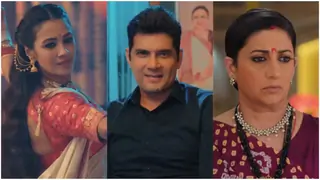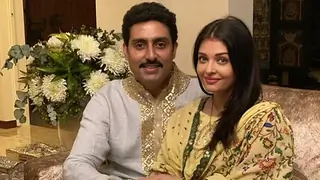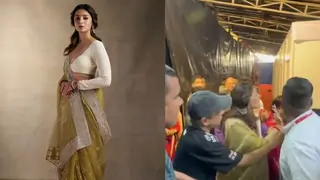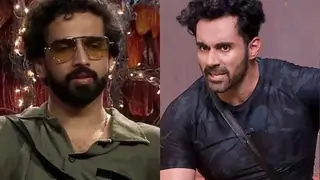Musings on music MANJARI SINHA
| Artistes and scholars got together in Mumbai recently to discuss the meaning of improvisation. |
ACROSS BARRIERS Sarod exponent Adrian McNeil A three day symposium, 'Improvisation in Music' organised jointly by the ITC Sangeet Research Academy (West), the Music Forum and the National Centre of Performing Arts (NCPA) brought together scholars, musicologists and musicians from across the world this past week at the NCPA, Mumbai. The keynote address was delivered by Frans de Ruiter, Principal, Royal Conservatoire, The Hague, and Dean, Faculty of Creative & Performing Arts, Leiden University, who maintained, "Composition and improvisation are not opponents. The phenomenon of a composition is relative, despite all admiration we can have for the genius of a composer.". He reiterated that good performers never play the readymade score, they always deviate from what has been notated, especially as far as tempo, metre and rhythm is concerned. Ashok Ranade talked about improvisation in Indian cultural expressions, especially in music and theatre, making his point with examples by Shubha Mudgal's vocal, Anish Pradhan's tabla and Adrian's sarod playing in music, and Ila Bhat's vachika and angika abhinaya as theatrical expressions. Wim Van Der Meer, Associate Professor, University of Amsterdam, spoke about the interrelation between composing, interpreting and improvising while presenting his paper on 'The Margins of Musical Creation'. Joep Bor, Associate Professor of World Music from Rotterdam, cited Bharat, Matanga Muni and Sangita Ratnakar while speaking on 'Improvisation in Melodic Instrumental Music'. Jose Luis Martinez from Brazil, a student of Ustad Fariduddin Dagar, spoke on 'Musical Semiotics in Improvisation'. Richard Widdess, Professor of Musicology, University of London, focused on the historical perspectives of improvisation and alap - the anibaddh sangeet (unconstrained music) - giving examples from the Brihaddeshi and the Buddhist Charyapada. Ritwik Sanyal, Reader, Banaras Hindu University, also a disciple of the late Ustad Zia Moiuddin Dagar, spoke at length on improvisation in the nibaddha sangeet, especially Dhrupad, with appropriate examples in his own authentic renderings with the tuneful background of an electronic tanpura. The session concluded with a panel discussion moderated by Arvind Parikh and Ashok Ranade with panelists like Dinkar Kaikini, Prabha Atre, Sudhir Mainkar and Phalguni Mitra from SRA Kolkata making relevant statements regarding improvisation in different genres of Hindustani music.
Edited by Qwest - 19 years ago




















